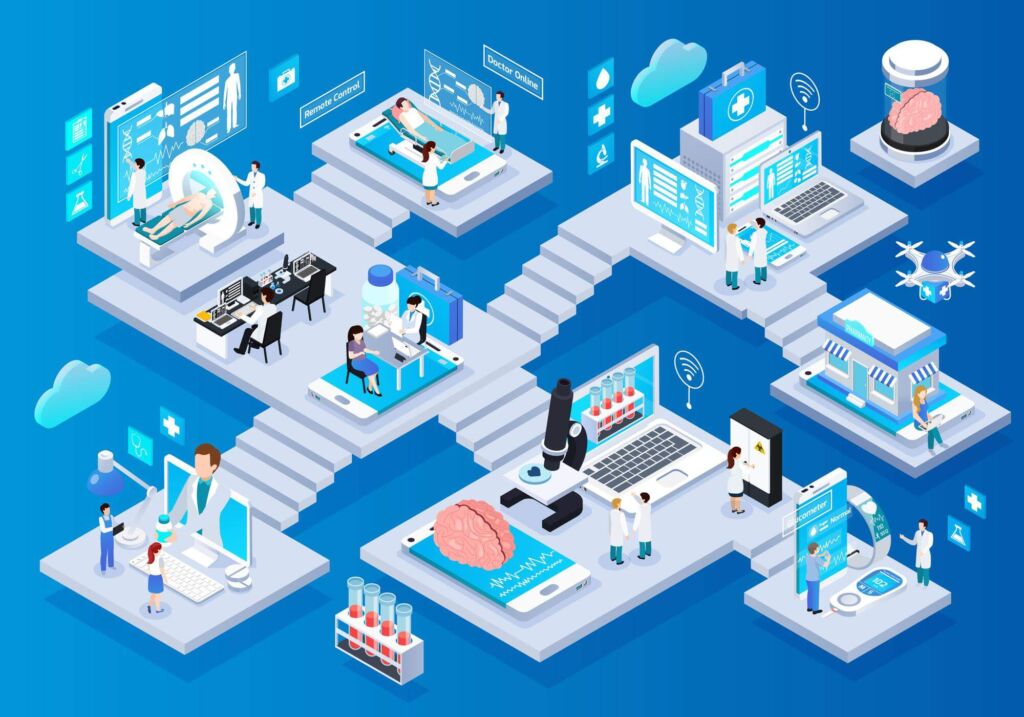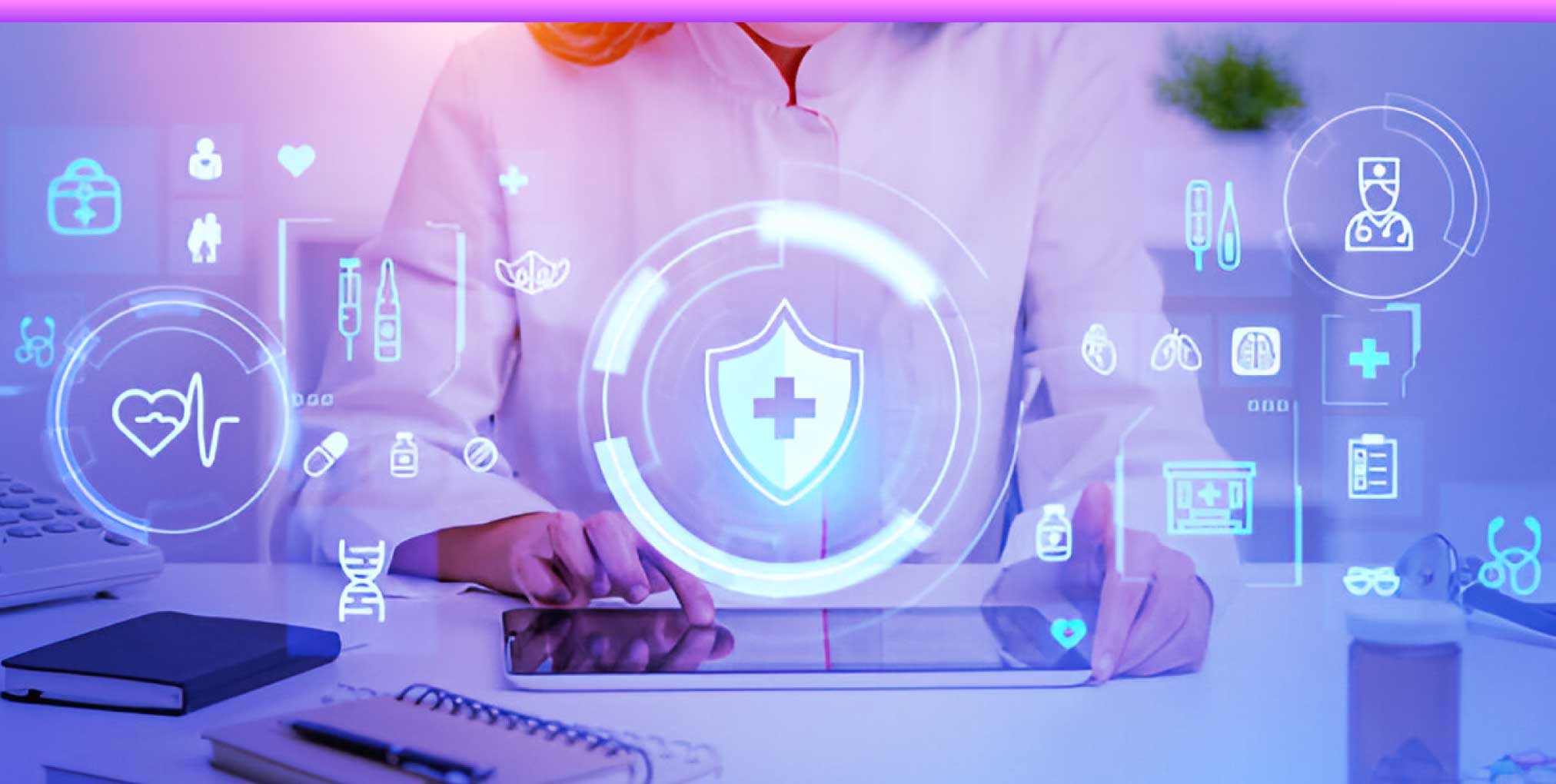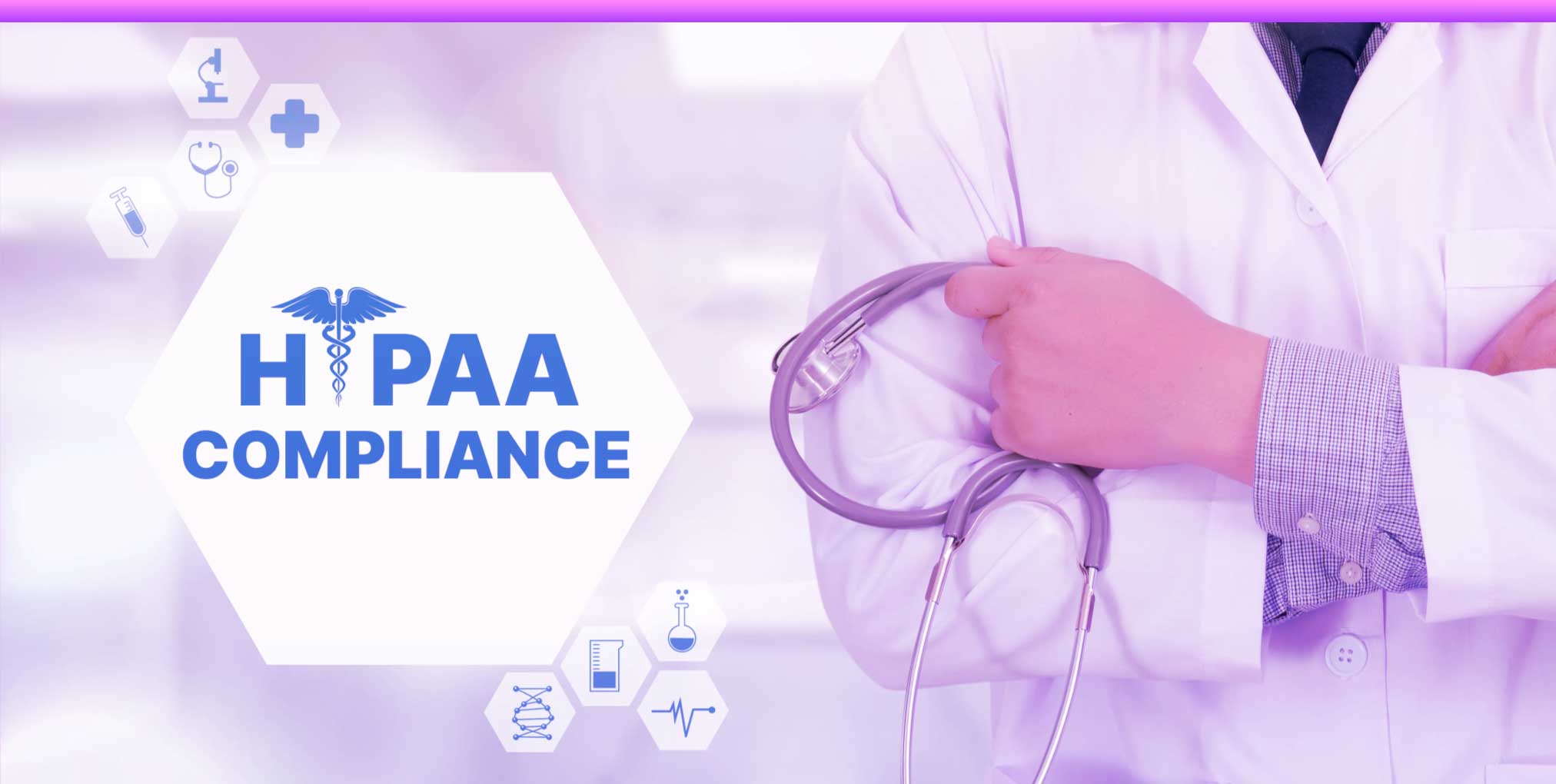July 6, 2022
Transforming Healthcare through Medical Software
Healthcare delivery has undergone a paradigm shift in recent years, driven by advancements in medical software solutions. In this blog, we will explore the ways in which medical software solutions are revolutionizing healthcare delivery, the benefits they offer, and the challenges that healthcare providers face when adopting them. Also, we’ll talk about the newest developments and trends in medical software and how they’re influencing how healthcare is delivered in the future.
How Innovative Can Medical Software Solutions Be A Key Factor In Transforming Healthcare Delivery?
Medical software development has an essential role in healthcare delivery due to its ability to streamline processes, reduce errors, and increase safety standards. For example, electronic 0health records (EHRs) have been an industry game-changer by providing centralized access to patient data while safeguarding information. Medical technology companies are leveraging software and AI to enhance the healthcare experience further.
By incorporating technology, providers can reduce manual operations, maximize efficiency and foster communication between clinicians, patients and staff. Over time this can help create better IT frameworks with faster throughput times so hospitals and practices can focus on delivering superior health care. Medical software development is leading the way for more efficient systems for reducing costs and improving treatments.
How introducing medical software solutions will improve patient experiences and satisfaction ratings?
Medical software development offers a range of simple, yet effective applications and tools to improve patient experiences. By incorporating these solutions into an existing practice or institution, medical providers can greatly enhance the satisfaction ratings for all parties involved.
Medical software offers improved scheduling for doctors, nurses and other staff members as well as accurate record-keeping. It also allows for easier communication between a healthcare provider and patients through online access portals.
Medical technology helps close the gap between hard copy records and digitally stored information, allowing for the exchange of secure data with efficient accuracy in clinical settings.
Easy access to records and files means shorter wait times for patients when it comes to filling out paperwork or meeting with a doctor or specialist. All of these benefits contribute to a better overall experience for both healthcare providers and their patients.
How this technology enables providers to deliver better, faster, and more cost-effective care?
Medical Software Solutions offered by Medical Software Companies offer a host of benefits to healthcare providers. This technology enables providers to:
- quickly and accurately diagnose patients
- efficiently manage paperwork
- streamline data entry
- schedule appointments
These solutions can ultimately help healthcare organizations deliver better patient care in a more efficient, cost-effective way.
Moreover, Medical Software Solutions provide access to up-to-date patient data, allowing for better-informed decisions by healthcare professionals. By incorporating Medical Software Solutions into their practice, healthcare providers have the potential to optimize their workflow and increase the quality of care they are able to administer to their patients.
How Medical Software Solutions Are Changing The Healthcare Landscape
Medical software solutions are currently changing the face of the healthcare landscape. Organizations are taking advantage of modern medical software programs to help streamline processes, reduce errors, and provide higher-quality services to their clients.
From enabling smoother management of patient records to allowing instant access to medical data and resources, these solutions are helping healthcare organizations increase efficiency and reduce time spent on administrative tasks.
By creating a secure environment for sharing digital information, health-care providers can now collaborate more effectively with their patients and colleagues no matter where they are. The impact that medical software solutions have had in transforming the way we manage our health is undeniable.
Examples Of Successful Implementations And Positive Results From These Efforts
One successful implementation of medical software engineering saw a hospital’s e-prescription processing time dip from 45 minutes to just 5. Furthermore, clinicians noted a significant reduction in medication errors due to improved accuracy due to steps being automated through the software solution.
Another application of medical software focused on streamlining communication between insurance companies and physicians. The results were faster reimbursement times, and improved coordination of services resulting in overall better care for patients.
Medical software development is clearly having an invaluable impact on the healthcare landscape, improving patient care and increasing efficiencies throughout the system.

Challenges Faced When Implementing Medical Software Solutions
Implementing medical software solutions offers many advantages, but comes with a range of challenges. Some of the most common challenges include:
- difficulties in training medical personnel on the new software
- ensuring high levels of patient data protection and security
- and some resistance to change from staff within the organization.
To ensure successful implementation there are a few strategies that can be employed, such as engaging key stakeholders throughout the process and involving users early in the development cycle. In addition, equipping users with technical training on how to navigate the system is essential. Lastly, providing ample support from IT specialists during rollout can create a smoother transition into using the new solution.
Considering these innovative strategies can assist organizations in overcoming any possible challenges when implementing their medical software solutions for more efficient healthcare delivery for both patients and providers alike.
The Future Of Medical Software Solutions
Medical software solutions have become increasingly popular over the past few years, and this development shows no signs of slowing down. Medical software companies are adapting existing technology to create specialized tools that make incredibly complex practical procedures much easier and more efficient. This means that the future promises to bring even more opportunities for realizing the potential of medical software solutions.
For example, advanced analytics capabilities could be used to detect patterns and better inform decision-making by medical professionals such as doctors or lab technicians. By utilizing Artificial Intelligence and other innovative Medical Software Development trends, it’s also possible that better safety protocols could be developed which could help minimize mistakes or negligence in medical settings.
Taking advantage of these advancements is certainly an exciting prospect with many benefits for stakeholders – from doctors to hospitals, to patients alike.
Conclusion
Medical software development is revolutionizing patient care delivery on a global scale. From cloud-based EHR (electronic health records) and telehealth services to mobile apps that provide accurate diagnostic insights and streamlined operational capabilities, medical software solutions are providing powerful tools to help optimize chronic care management and system scalability. Medical software companies are rapidly innovating to create cost-effective tools that reduce time
spent on administrative tasks while increasing accuracy in diagnosis. Medical professionals should recognize the potential benefits of incorporating such solutions into their practice to promote better care while minimizing overall costs and workflows. By exploring the many possibilities presented by medical software companies, healthcare professionals can find innovative ways to improve access and quality of patient care.









